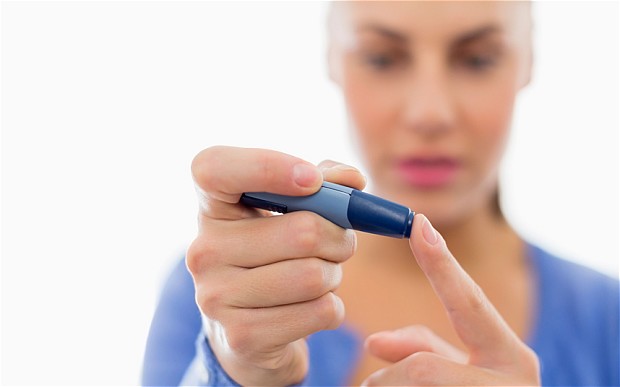
Pig-to-Human Transplants for Type 1 Diabetes Patients
Pig-to-Human Transplants for Type 1 Diabetes Patients
July 1, 2013
No More Camels — According to the World Health Organization, about 37 million people worldwide live with type 1 diabetes. Aside from the traditional daily insulin administration, an alternative remedy for type 1 diabetes involves the transplantation of pancreatic islet cells.
These transplants have proved to be problematic both because there is a shortage of human donors and also because the patient’s immune system tends to attack the transplanted cells.
World renowned diabetes expert Dr. Eli Lewis and his team, at BGU’s Clinical Islet Laboratory, have found a viable new solution to these issues.
“This approach may be applicable in the near future for the purpose of pig-to-human islet transplantation, a procedure currently being examined in several clinical trials around the world,” says Dr. Lewis.
Dr. Lewis’s team has already been successful at protecting islet grafts in the bodies of type 1 diabetes patients by using alpha 1-antitrypsin (alpha 1), a natural protein antibody found in the blood.
The BGU researchers new regimen combines the use of alpha 1 with a T-cell depletion therapy commonly used in transplants. They found that this combination helps islet grafts to be accepted between pigs and humans.
Read more on the No More Camels, Israel Innovation News website >>



